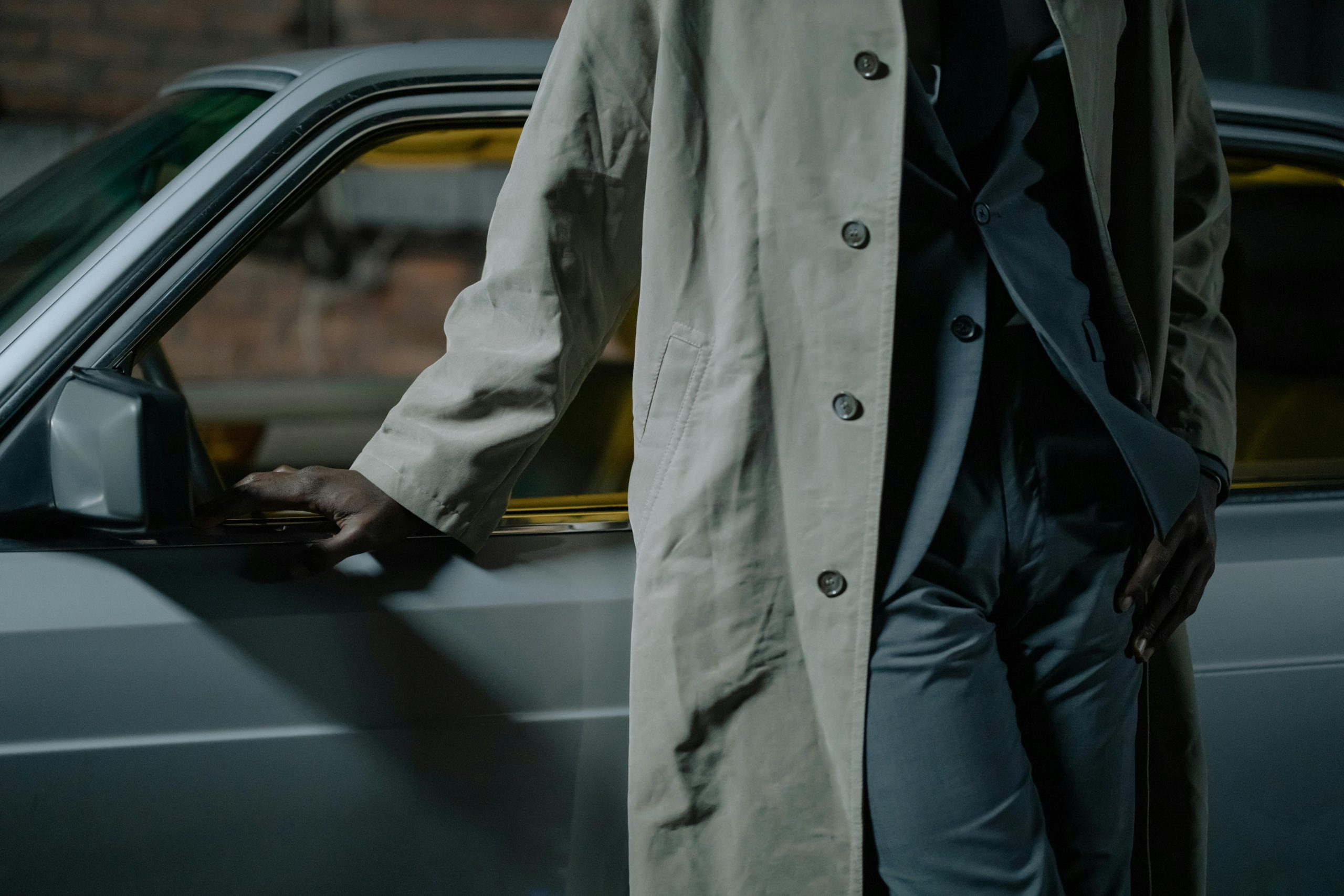A guide to navigating the complexities of classic car auctions
Classic car auctions are a coveted event for automotive enthusiasts and collectors alike. These auctions offer a chance to acquire rare and valuable vintage cars, as well as a platform for buyers and sellers to come together. However, navigating the complexities of classic car auctions can be a daunting task, especially for newcomers. The multitude of factors, such as condition, provenance, and market trends, can make the bidding process overwhelming. In this article, we will provide you with a comprehensive guide on successfully navigating the intricate world of classic car auctions.
The Basics of Classic Car Auctions
Before delving into the complexities of classic car auctions, it is imperative to understand the basics of how these auctions operate. Classic car auctions are organized events where vintage cars are put up for sale to the highest bidder. These auctions may take place in physical locations, such as auction houses or event spaces, or in virtual platforms such as online auctions.
Most classic car auctions follow a similar format. The cars are displayed for potential buyers to inspect, and a designated auctioneer leads the bidding process. Bidders compete with each other by placing bids until the highest bidder wins the car. While some auctions have a reserve price, which is the minimum amount the seller is willing to accept, others are “no-reserve,” meaning the car will be sold to the highest bidder regardless of the final price.
Finding the Right Auction
With the rise in popularity of classic car auctions, there are now numerous options available for buyers and sellers. However, not all auctions are the same, and different types of auctions cater to different types of cars and buyers. Therefore, it is essential to research and select the right auction for your specific needs.
For vintage and rare cars, high-end auction houses such as Bonhams, RM Sotheby’s, and Gooding & Co offer a global platform for collectors and enthusiasts. Specialty classic car auctions, such as Barrett-Jackson and Mecum, cater to a wider range of cars and attract a more diverse audience. Online auctions, such as Bring a Trailer and eBay Motors, provide a convenient option for buyers and sellers to engage in the auction process from the comfort of their homes.
Research, Research, Research
As with any significant purchase, thorough research is crucial before participating in a classic car auction. Start by researching the specific car model you are interested in and familiarize yourself with its history, specifications, and any potential red flags to look out for. Additionally, research the auction house and its reputation, as well as the current market trends, to gain a better understanding of the car’s potential value.
It is also essential to research the car’s provenance, which refers to its history of ownership and any significant events in its past. This information can greatly impact a car’s value and is crucial in determining whether a car is worth the investment. A reputable auction house will provide a detailed history report for each car, but it is always wise to do your own research as well.
Inspect the Car in Person
Most classic car auctions allow potential buyers to inspect the cars before the bidding begins. This is a crucial step in the buying process as it allows you to thoroughly examine the car and its condition. Information provided online or in the auction catalog may not always be accurate, and physically inspecting the car can help avoid any surprises during the bidding process.
Avoid the temptation of making a purchase based solely on photos or a written description. A car’s condition can greatly impact its value, and it is essential to note any potential issues, such as rust, mechanical problems, or discrepancies in the car’s authenticity. If possible, bring along a knowledgeable mechanic or classic car expert to assist with the inspection and provide valuable insights.
Set a Budget and Stick to It
With the excitement and adrenaline rush of a classic car auction, it is easy to get carried away and bid beyond your budget. It is crucial to set a budget for yourself before the auction and stick to it. Keep in mind that the final bidding price will also have additional costs, such as auction fees and taxes, so factor those into your budget as well.
Bidding can also be a strategic game, and it is essential to not get caught up in bidding wars with other buyers. Know your limit and when to stop bidding, even if it means missing out on a car you have your heart set on. Remember, there will always be other classic car auctions in the future.
The Final Bid
The bidding process is undoubtedly the most thrilling and nerve-wracking aspect of a classic car auction. After all the research and preparation, it all boils down to the final bid. If your bid is successful, congratulations! You are now the proud owner of a vintage car. However, if you are unsuccessful, do not be discouraged. Take the experience as a learning opportunity and continue to refine your approach for future auctions.
In conclusion, navigating the complexities of classic car auctions takes time, effort, and patience. With thorough research, careful inspection, and strategic bidding, you will increase your chances of finding the perfect vintage car for you. Remember to always prioritize your budget and avoid making impulsive decisions. Happy bidding!










